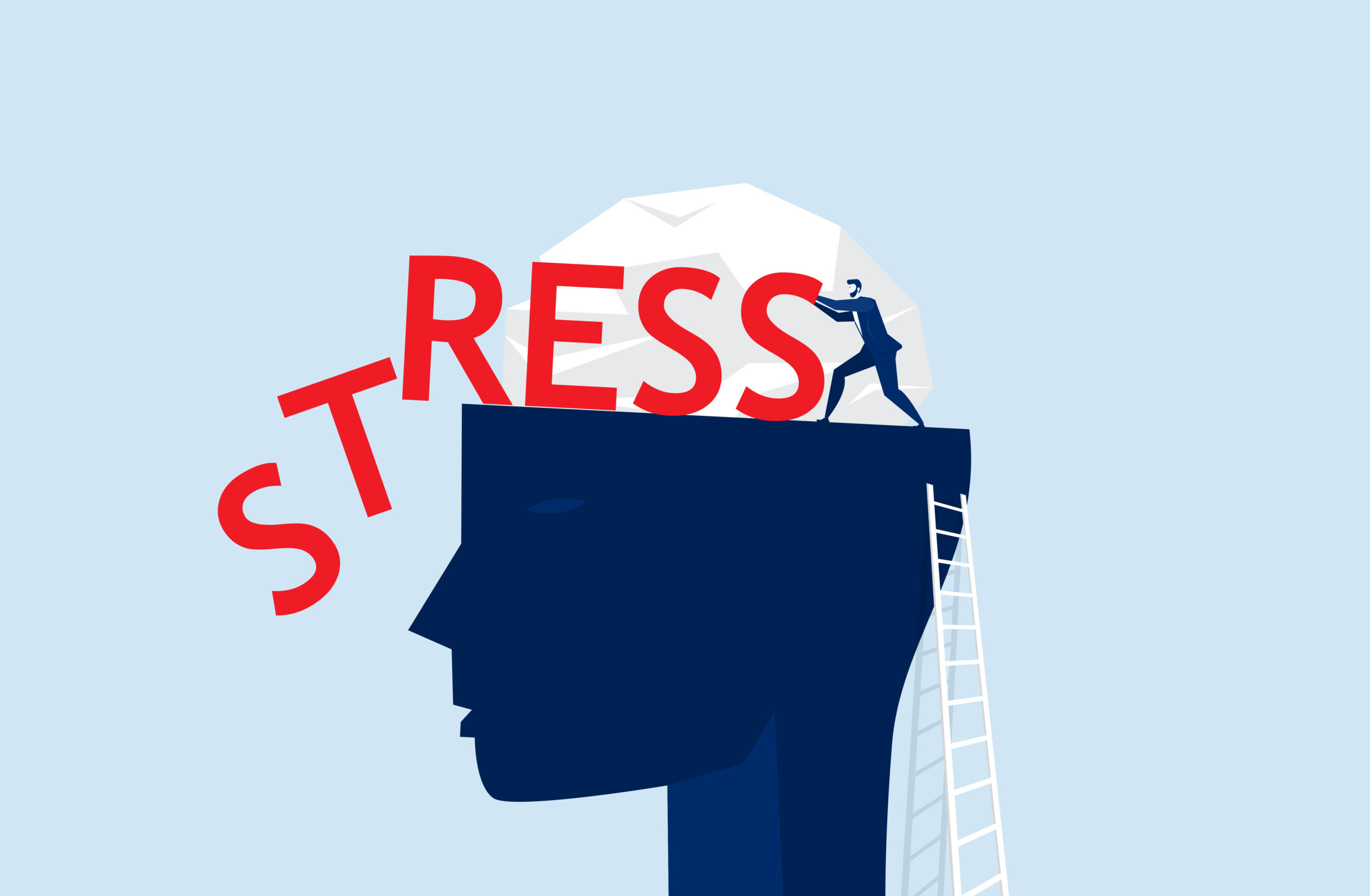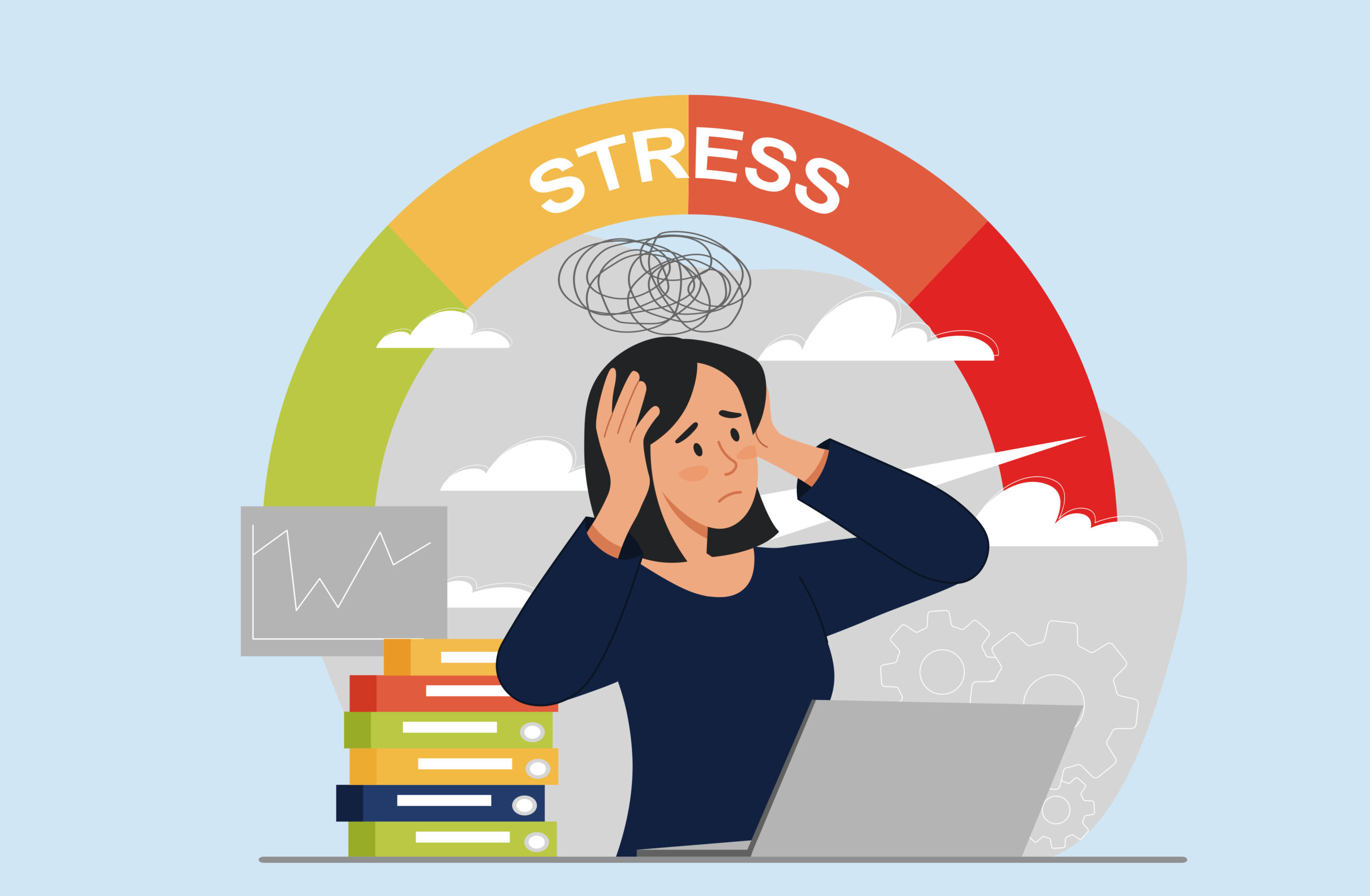Mastering Stress, Embracing Challenges: Effective Stress Management Strategies
2024-05-24 2024-05-24 13:51Mastering Stress, Embracing Challenges: Effective Stress Management Strategies

Mastering Stress, Embracing Challenges: Effective Stress Management Strategies
Stress is the natural reaction your body has when changes or challenges occur. It can result in many different physical, emotional and behavioral responses. Everyone experiences stress from time to time. Work, deadlines, bills, homework, chores… and the list goes on. The demands of daily life pull us in all different directions, requiring time and energy that we don’t always have. At some point, just maintaining a to-do list becomes a to-do of its own. When these demands grow out of hand, they may lead to the all-too-familiar feeling of stress.
What cause stress?
People react differently to stressful situations. What is stressful for one person may not be stressful for another, and almost any event can potentially cause stress. For some people, just thinking about a trigger or several smaller triggers can cause stress.
There is no identifiable reason why one person may feel less stressed than another when facing the same stress or. Mental health conditions, such as depression, or a building sense of frustration, injustice, and anxiety can make some people feel stressed more easily than others.
Previous experiences may affect how a person reacts to stressors.
Common major life events that can trigger stress include:
An illness or death of a loved one.
Marriage, separation or divorce.
Financial issues.
Moving to a new house.
Going on vacation.
Having a baby.
Retiring.
Stress can also be acute, meaning short term. Causes of acute stress may include everyday stressors, like:
Studying for a big test.
Getting ready for a work presentation.
Having an argument with a friend or loved one.
Needing to get a lot completed in a short amount of time.
Experiencing many small problems all at once, like getting in a traffic jam, spilling coffee all over yourself and running late.

How to manage stress?
- Try simple relaxation techniques:
Deep breathing. This means taking a long, slow breath in and very slowly breathing out. If you do this a few times and concentrate fully on breathing, you may find it quite relaxing. Some people find that moving from chest breathing to tummy (abdominal) breathing can be helpful. Sitting quietly, try putting one hand on your chest and the other on your tummy. You should aim to breathe quietly by moving your tummy, with your chest moving very little. This encourages the diaphragm to work efficiently and may help you avoid over-breathing.
Muscular tensing and stretching.
Try twisting your neck around each way as far as it is comfortable and then relax. Try fully tensing your shoulder and back muscles for several seconds and then relax completely.
Try practising these simple techniques when you are relaxed; then use them routinely when you come across any stressful situation.
2. Don’t use smoking or alcohol as a crutch
Don’t be fooled that smoking and drinking can help with stress. In the long run, they don’t. Drinking alcohol to ‘calm nerves’ may lead to problem drinking.
3. Exercise and maintaining a healthy diet
Many people feel that regular physical activity and maintaining a healthy diet reduces their level of stress. (It also keeps you fit and helps to prevent heart disease.) Any exercise is good, but try to plan at least 30 minutes of exercise on at least five days a week. A brisk walk outdoors on most days is a good start if you are not used to exercise. In addition, if you have difficulty in sleeping, this may improve if you exercise regularly.
4. Eat nourishing foods
Stress can have you reaching for the chocolate and cookies. It’s OK to enjoy these foods in moderation. But eating a diet made of fruits and vegetables and one that’s high in fiber and omega 3 fatty acids is linked to lower stress levels.
5. Connect with Others
A network of supportive friends can help reduce your stress. Cultivate your friendships and make new ones. Take time to build camaraderie at work and elsewhere. Try to acknowledge others and their work. Be friendly and make a connection. This may seem self-evident, but a smile may make someone’s day. Try to find something in common: all of us want to have close connections with our fellow humans. One way to start is to try and eat lunch or dinner with a friend.
6. Become aware of your triggers
Triggers are anything that causes or worsens your stress. For example, getting into an argument with a family member, paying bills, or a tight deadline at work can all trigger stress.
Being aware of your triggers can help you anticipate how to deal with them. In some cases, you may be able to avoid certain triggers altogether. Other triggers may be unavoidable. But being aware of them allows you to prepare in advance for how to cope with them.
7. Seek treatment for stress
Some people find they have times in their lives when stress or anxiety becomes severe or difficult to cope with. See a doctor if stress or anxiety becomes worse. Further treatments such as anxiety management counselling – for example, cognitive behavioural therapy (CBT) – or medication may be appropriate.
For example, on how to manage stress during exam time, see the separate feature called Exam time: stress-relieving gadgets.

Is stress harmful?
Ongoing stress is thought to be bad for health but this is difficult to prove. For example, stress is possibly a risk factor for developing heart problems in later life. The effects of stress may also contribute to other physical illnesses in ways that are not well understood. For example, it is thought that irritable bowel syndrome, psoriasis, migraine, tension headaches, high blood pressure and other health problems are made worse by an increased level of stress.

Search by Tags
advanced woundcare dressing Bedsores Blood Blood donation chronic decrease Chronic Wound comprehensive guide Conkosil Diabetes diabetes foot diabetes prevention Diabetes,Foot Problems,wound Diabetic foot dog training donation dor pee pads Easy Tips First aid health health life Home Care Ionic Silver Dressin Innovative Technology for Wound Care Lesions Measure a Wound medical tape Moist Wound Healing Negative pressure wound therapy papertape pet care Pressure Ulcers puppy pee pads Self-Adhesive Bandage Skin care tape Tobacco traditional wound care dressing World No Tobacco Day Wound care wound dressing wound healing wound infection wound materials woundmaterials wound type wound vac


















